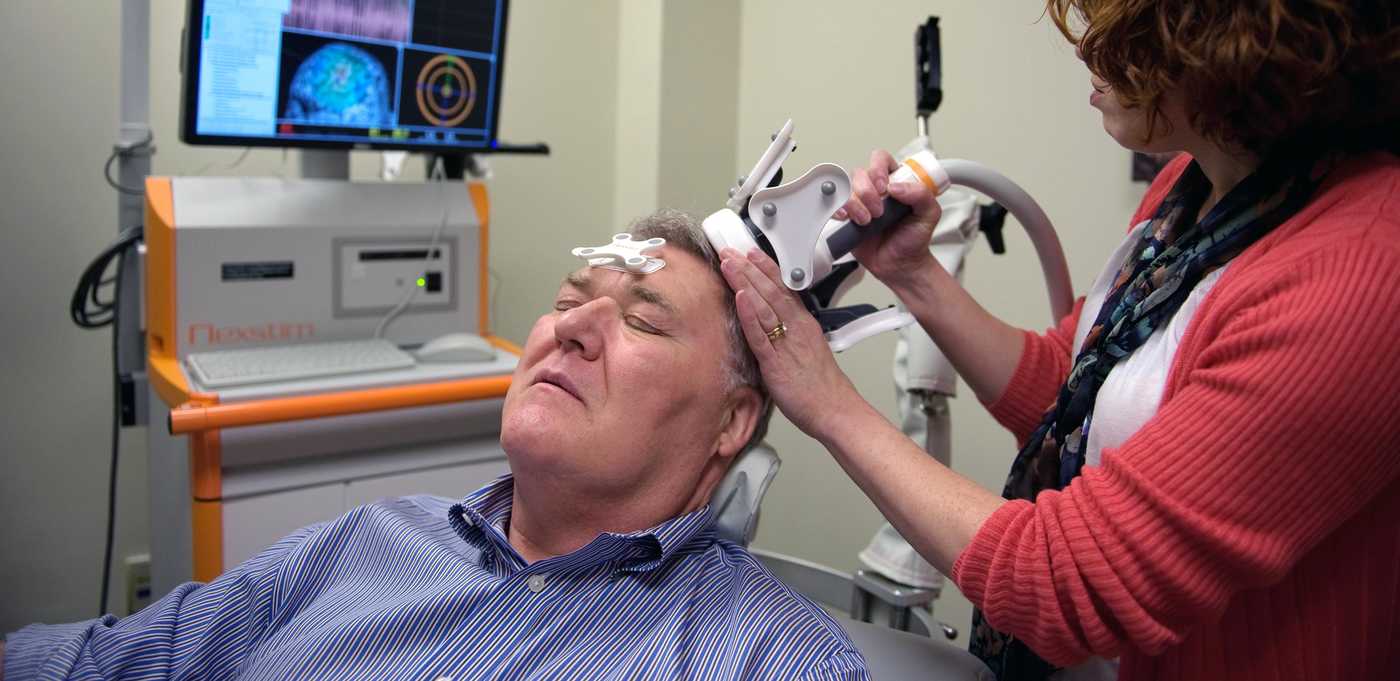After a stroke, there may be problems related to thinking, memory and judgment (i.e., cognition). Because each person is unique, the effects of a person's stroke are also unique. This means that no two people will have exactly the same (thinking, memory, judgment) problems after a stroke. Different people have different types, levels, or combinations of cognitive problems. The extent of the cognitive problems will depend on the type and severity of the person’s stroke.
This lesson will discuss common cognitive changes that occur after a brain injury or stroke. All or maybe only some of the material may apply directly to your situation. If you have questions, please call your doctor.
One of the most important things to remember about cognitive problems after stroke is that completing a particular task may depend upon many cognitive abilities. If someone cannot do something, there may be many different cognitive changes that are responsible.
Example
If a person has trouble reading after stroke, it could mean that there are problems with:
- Vision (can't see the words well) -Language (may not know what the words mean)
- Concentration, and/or memory (can't remember what was just read)
It is important to know if it is one problem or a combination.
Arousal or being Awake read more
Attention and Concentration read more
Memory read more
Problem Solving & Reasoning read more


